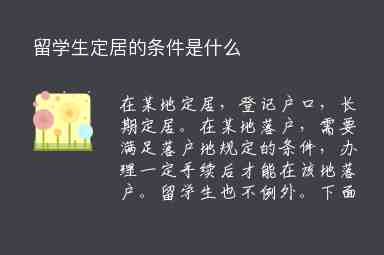excite是一个动词,意为“激发、使兴奋、使激动”。它可以用来描述人们的情绪、感觉或行为,也可以用来描述某件事物的影响力或效果。
怎么读(音标)
excite的音标为 /ɪkˈsaɪt/。
用法
excite常用作及物动词,后接名词、代词或动名词作宾语。它也可以接不定式作宾语补足语。另外,excite还可用作不及物动词,表示“变得兴奋”、“变得激动”。
例句1-5句且中英对照
1. The news of her promotion excited her greatly. (她被提升的消息让她非常兴奋。)
2. The new movie trailer has excited a lot of buzz among fans. (这部新电影的预告片在粉丝中引起了很多关注。)
3. The children were excited to see the circus performance. (孩子们看到马戏团表演非常兴奋。)
4. The idea of traveling to a foreign country excites me. (去外国旅行的想法让我很兴奋。)
5. The loud music and flashing lights excited the crowd at the concert. (音乐和闪烁的灯光让演唱会上的观众兴奋起来。)
同义词及用法
1. stimulate:意为“刺激、促进”,常用来描述对身体或心灵的刺激作用。:The caffeine in coffee can stimulate the nervous system. (咖啡中的可以刺激神经。)
2. arouse:意为“唤起、激发”,强调通过外界因素引起内心的反应。:The loud noise aroused the dog's curiosity. (大声的噪音唤起了狗的好奇心。)
3. thrill:意为“使兴奋、使激动”,通常指强烈的感情或刺激带来的兴奋。:The roller coaster ride thrilled me. (坐过山车让我兴奋不已。)
4. exhilarate:意为“使兴奋、使高兴”,强调通过令人愉快的事物带来愉悦感受。:The beautiful scenery exhilarated us during our hike. (在我们徒步旅行时,美丽的风景让我们兴奋不已。)
编辑总结
excite是一个常用于描述人们情绪和行为的动词,它可以表示被动地被某件事物所影响,也可以主动地引起某种感觉或行为。它还可以与其他动词和副词搭配使用,形成更多的表达方式。在写作中,我们可以根据具体语境选择合适的同义词来替换excite,从而丰富文章的表达。


